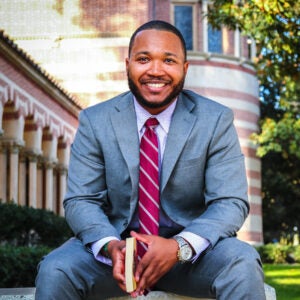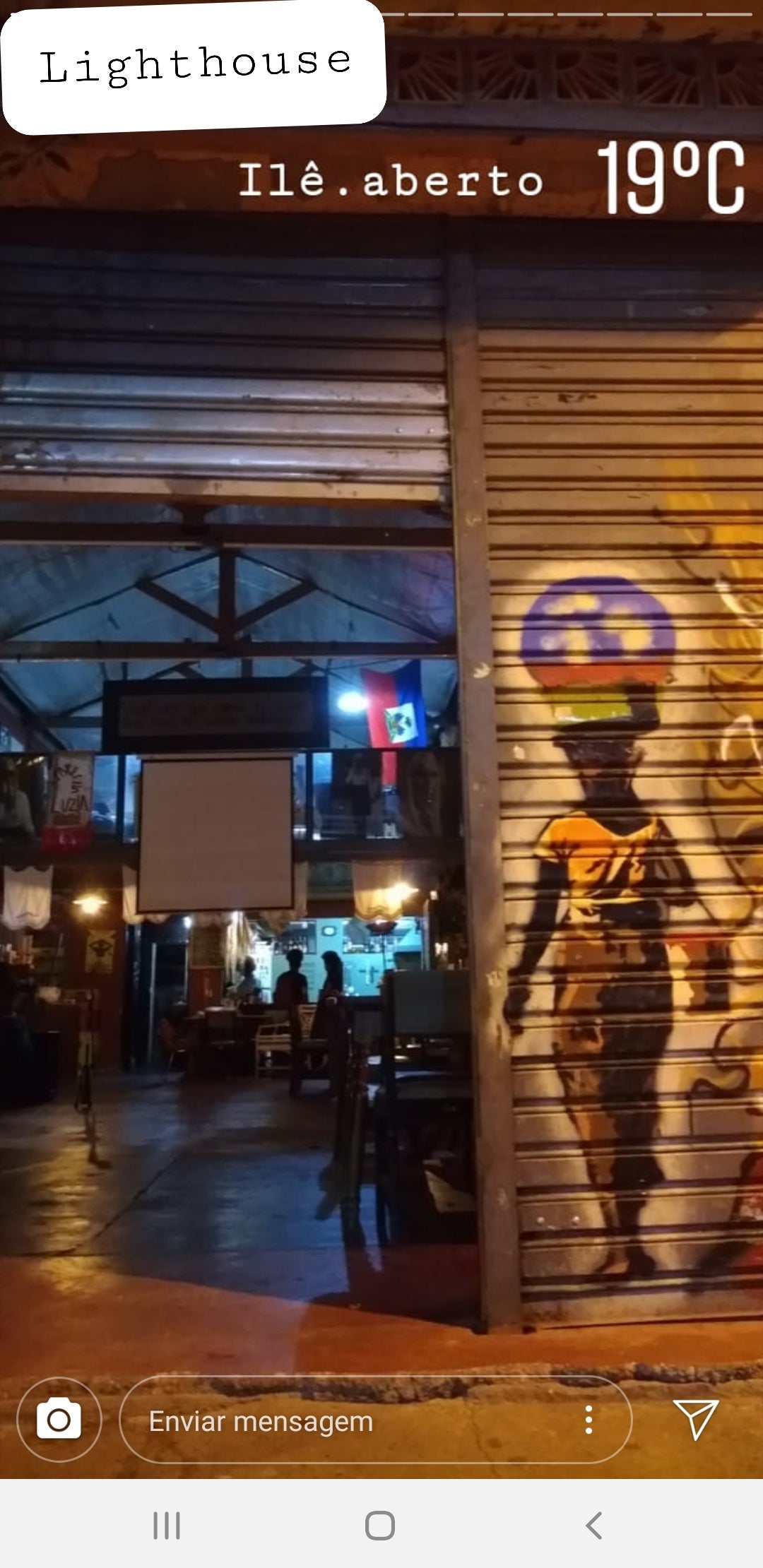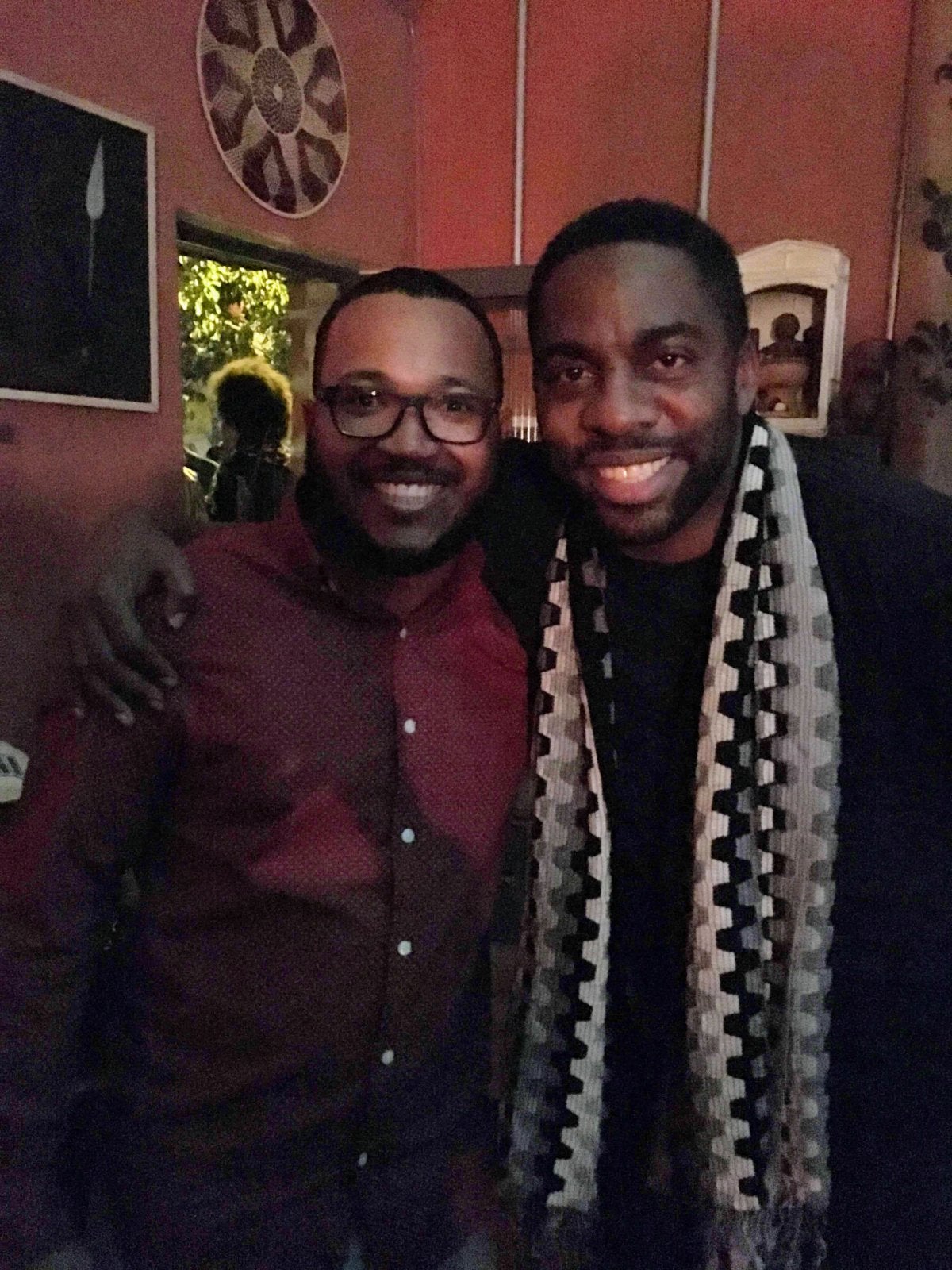
Demetrius Murphy – Sociology
The USC Dornsife Ph.D. Academy supports Dornsife Ph.D. students to help them thrive during each year of their Ph.D. program. The Ph.D. Academy wants to highlight the amazing students that are a part of our unique community.
Our first Summer Student Spotlight is on Demetrius Murphy, an incoming 4th-year Ph.D. Candidate in Sociology. Demetrius recently received the James E. Blackwell Graduate Student Paper Award and honorable mention for the Cristina Maria Riegos Student Paper Award for his paper, “Aquilombamento, Entrepreneurial Black Placemaking in an Anti-Black City.” In addition to the two best student paper awards, he recently won the 2022 Society for the Study of Social Problems (SSSP) Best Student Paper Award in Social Entrepreneurship and Innovation for his paper titled, “Quem pode ser a dona? (Who Can Be the Boss?): Afro-Brazilian Women Entrepreneurs and Gendered Racism.”
We had the chance to ask Demetrius more about his research and summer so far.
What is your current scholarship/research focus?
I have two lines of research. One line is an extension of my past work on Latin America in which I investigate (anti-)Blackness and resistance in Brazil. I have written two articles from this research and am completing the third one. The first article, “Aquilombamento, Entrepreneurial Black Placemaking in An Anti-Black City,” was published in Sociology of Race and Ethnicity. The second article, “Quem pode ser a dona? (Who Can Be the Boss?): Afro-Brazilian Women Entrepreneurs and Gendered Racism,” just received a revise and resubmit. These articles explore different aspects of Black entrepreneurship in Brazil, placemaking and gender. The third article, “Brazilian Racial Ideologies in the Age of Social Media: The Salience of Negro Racial Affirmation,” explores the racial frames and ideologies Brazilians use to discuss police killings of Afro-Brazilians. My second line of research is my dissertation which departs from Brazil and focuses on the United States, specifically Los Angeles. It will examine how Black people flourish—culturally, socially, and economically—in the City.

“Picture of the Lighthouse. I included it since it was such an important location to the argument of my paper.”
Could you provide a brief description of your article?
“Aquilombamento, Entrepreneurial Black Placemaking in An Anti-Black City” explores how Afro-Brazilian entrepreneurs use their businesses as sites of resistance to anti-Blackness. Using participant observation and in-depth interviews of 26 entrepreneurs, I find Afro-Brazilian entrepreneurs engage in aquilombamento, an entrepreneurial form of Black placemaking. Aquilombamento is important as it underscores that even in a so-called “racial democracy,” Afro-Brazilians use race to organize social action. Furthermore, I demonstrate that Black businesses exist and thrive in Brazil. And like the United States, Afro-Brazilian entrepreneurs face similar challenges to African American entrepreneurs to maintain a Black business in an anti-Black society.
How has your experience in the Ph.D. Academy helped you as a Dornsife Ph.D. student? In what ways did the Ph.D. Academy impact or help your scholarship or research?
The Ph.D. Academy has been instrumental to my time at USC. The advice and tips shared over my three years have enabled me to win fellowships, build meaningful relationships with fellow graduate students, and present at conferences. The Ph.D. Academy Scholarship and Research Fund Award has allowed me to begin preliminary research for my dissertation.

“When I met Lázaro Ramos (a famous Brazilian actor) in the prominent business Lighthouse (pseudonym) in São Paulo, Brazil.”
How has your summer been so far?
I recently completed the National Endowment for the Humanities (NEH) Summer Institute: The Making of Modern Brazil. The three-week institute fostered the creation of an interdisciplinary intellectual community focused on learning and sharing ideas about contemporary Brazil. We wrestled with how to understand Brazil’s historical and contemporary inequalities and their relation to geographical, social, racial, and gender divides.